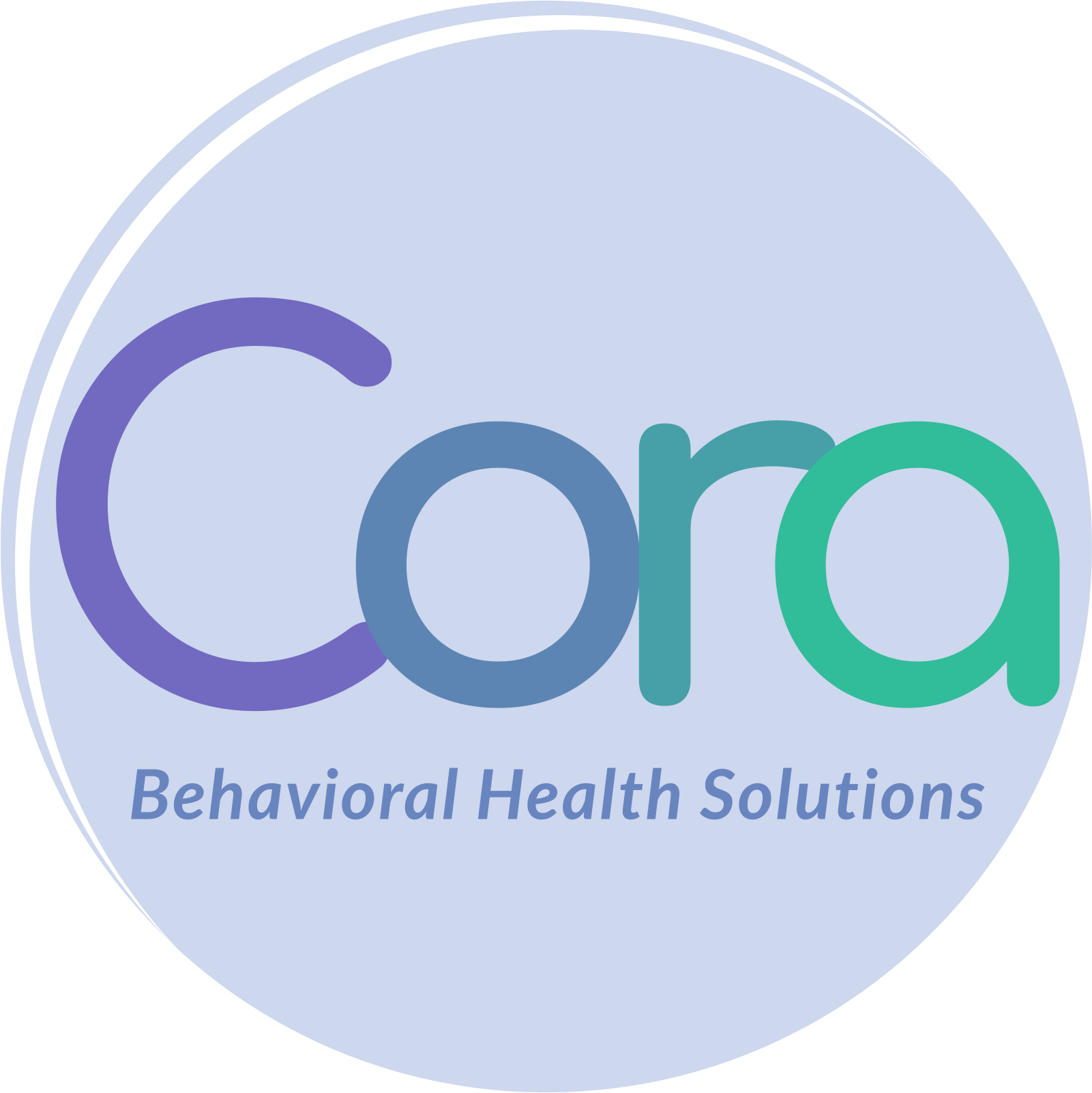Going in-network with insurance carriers is an essential part of running a successful business. For one, it allows you to get listed on providers' lists, which gives patients access to your care and gives you more billable patients. In this post, we'll explain why you...
Training employees to stay in compliance is one of the most important things you can do as a business owner. When employees are trained properly, they understand their roles and responsibilities so that they can perform their jobs more efficiently and in a way that aligns with rules and standards in the behavioral health industry. This translates into cost savings (avoiding running into legal implications, for example!) for your company and improved healthcare services for your clients.
Start by Appointing Someone as a Compliance Officer
Appointing a designated person to manage compliance training for your entire organization will help keep employees up to date on all policies, procedures, laws and regulations.
This person should be responsible for creating a compliance training program tailored specifically to the needs of your organization. They should also be responsible for tracking who has been trained; when they were trained; what they were trained on; and how long ago they were trained.
The person responsible for managing compliance training should report their findings (when required) to those in charge of implementing changes or making decisions regarding things like business processes or operational procedures.
Develop a Schedule
To ensure regular training sessions are in place, the compliance officer should develop a schedule that makes sense for employees and your business needs.
Decide whether you want employees to take all their required training sessions at once, or if you’d rather spread them out throughout the year. We recommend taking advantage of any opportunities that allow you to combine multiple training sessions into one session (for example, an annual HIPAA compliance session). This is particularly helpful if there are multiple training sessions that need to be completed within certain time periods (e.g., professional ethics and medication administration sessions).
Understand the Different Types of Training
The first step to training your employees is understanding the different types of training. There are several different methods you can use to train your employees, including:
- Online training
- In-person training
- Phone training
- Group training
- One-on-one training (a.k.a., private tutoring)
You’ll want to consider what type of approach works for employees and then work with that person one-on-one or in groups based on their needs. Some people learn best by seeing something done while others prefer reading over listening or watching videos. You could consider giving variations of training materials for staff to go learn, such as a supplementary paper handbook and/or video, as well as hearing a trainer go over key points in person.
Additionally, in behavioral health care, there are specific training sessions that need to be taught to staff to make sure everyone is aware of the requirements to protect patient confidentiality and to protect human life, among other reasons.
Here’s an example of common training sessions that behavioral healthcare clinic staff will need to be educated on:
- Job Duties and Responsibilities
- Sensitivity to Cultural Diversity
- Client Rights and Grievance Procedure
- State and Federal Confidentiality Laws
- Professional Ethics
- Record Keeping
- CPR/First Aid
- Trauma Informed Care
- Risk Management
- Cybersecurity
- And much more
These topics should be taught when onboarding new employees and in annual training sessions thereafter.
Clearly Communicate the Expectations
When finally training staff, you will need to clearly communicate your expectations.
First, explain what you expect from employees. What do they need to do? How often should they be doing it? Are there exceptions or extenuating circumstances that justify them not following the rules? If so, explain those as well.
Second, describe what will happen if they don’t meet those expectations. This can include anything from simple verbal reprimands all the way up to termination of employment (if applicable).
Finally and most importantly, provide examples of what is considered unacceptable performance and why these are unacceptable outcomes for customers or coworkers alike.
Keep Training Materials Organized and Updated
When it comes to training employees, it’s important to keep your materials organized and up-to-date. This can be done by having one person in charge of compliance training for the entire company. The designated person would be responsible for ensuring that all employees receive initial and refresher training on core HIPAA standards as well as any other state and federal laws that apply to the behavioral health industry. The designated trainer should also keep records of employee testing results and certifications so that they can plan future training sessions accordingly.
The trainer should also make sure that all new employees receive their initial classroom training within 30 days of starting employment at your company since this will ensure they understand the importance of staying current on compliance issues before potentially violating any regulations due to ignorance or lack of understanding about what’s expected from them during their tenure with you. You will also want to have regular refresher training sessions for staff.
At the end, you will want to ensure employees sign off on training as a way to show that they understand the policies and procedures of their job. It’s also a method of ensuring that they are committed to doing their jobs well. This also protects your business from a financial and legal perspective and ensures patients are getting the high-quality care they deserve.
Conclusion
Maintaining a healthy compliance culture is a priority for any business. As an employer, you have the responsibility of keeping your employees up to date on new laws and regulations. By appointing someone to manage your compliance training program, you can rest assured that everyone in your organization will be kept informed and aware of what they need to do to stay on track with their responsibilities.
If you don’t have the resources to hire a Compliance Officer in-house, Cora BHS is able to provide these services on a monthly basis. Get in touch with us today at [email protected].







